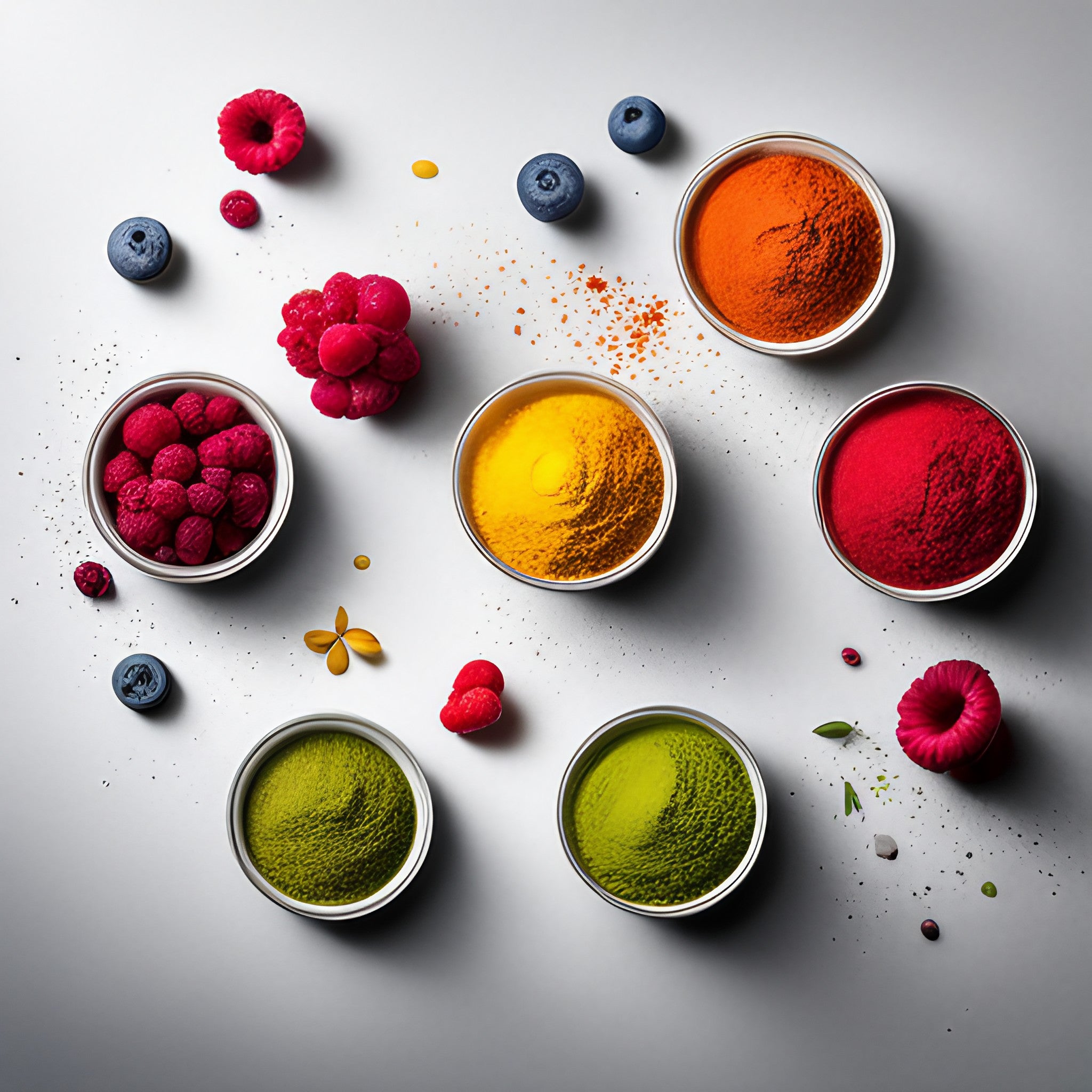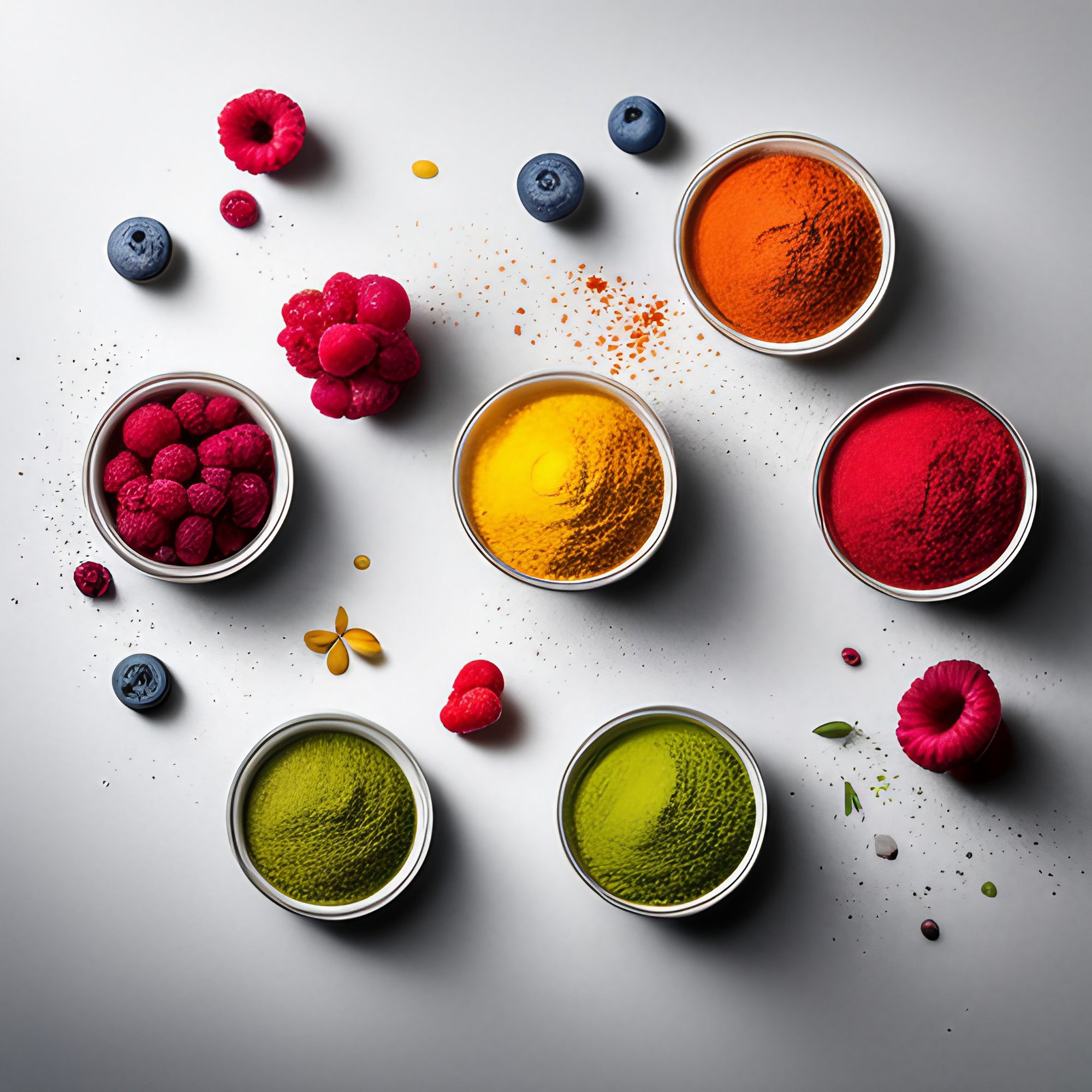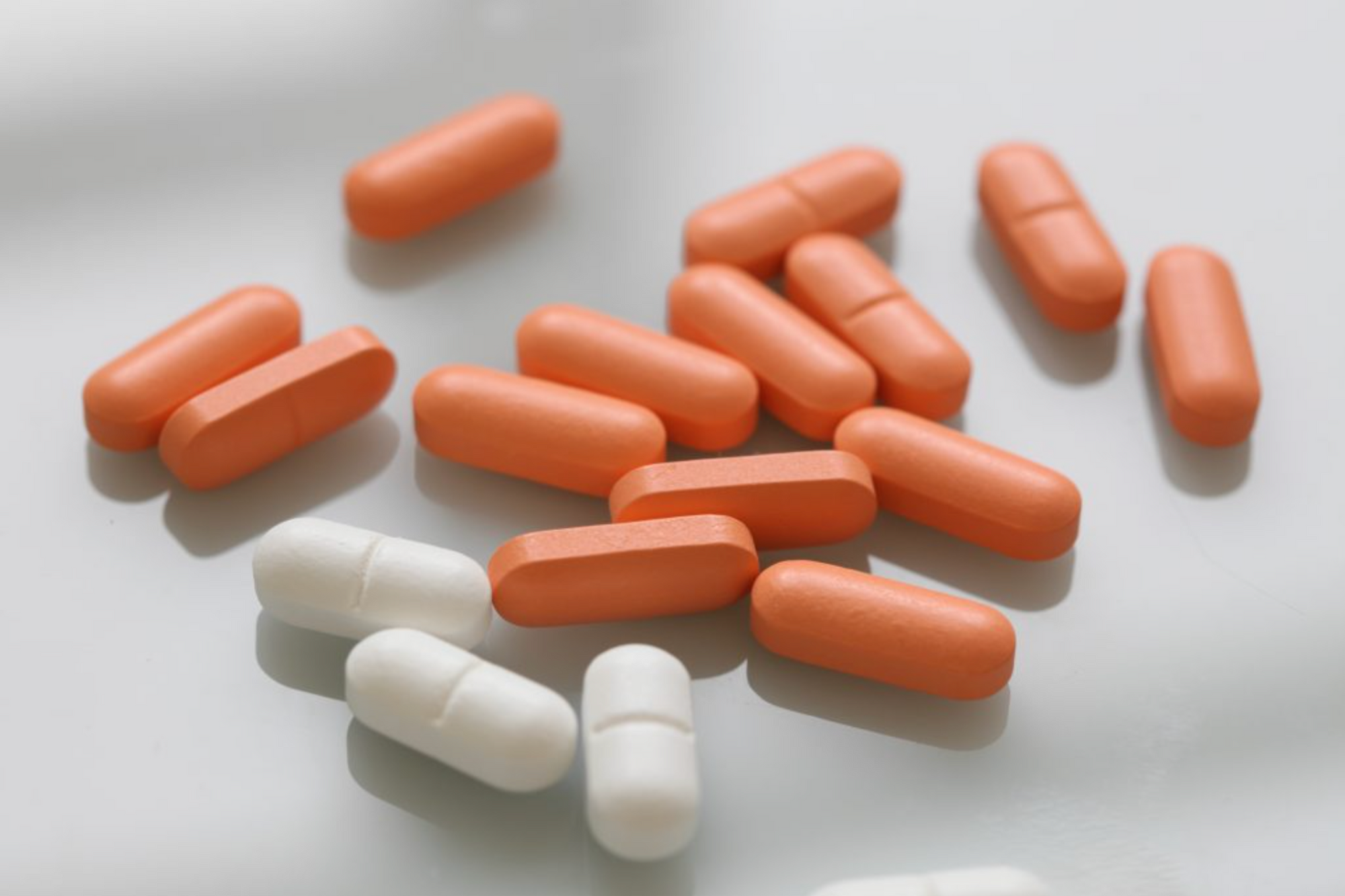The Role of Nutrition in Supporting Macular Health
When it comes to maintaining good eyesight, most people focus on the health of their corneas or lenses. However, the macula, a small but crucial part of the retina, plays a significant role in our ability to see fine details and colors. To support macular health and prevent age-related macular degeneration (AMD), a leading cause of vision loss in older adults, proper nutrition is key.
The Power of Antioxidants
Antioxidants are compounds that help protect our cells from damage caused by free radicals, unstable molecules that can harm the macula and other parts of the eye. Including foods rich in antioxidants in our diet can help reduce the risk of AMD and maintain macular health.
Some of the best sources of antioxidants for macular health include:
- Lutein and Zeaxanthin: Found in leafy green vegetables like spinach and kale, as well as in eggs and orange peppers, these antioxidants help filter harmful blue light and reduce oxidative stress in the macula.
- Vitamin C: Citrus fruits, strawberries, and bell peppers are excellent sources of vitamin C, which helps support the health of blood vessels in the eyes.
- Vitamin E: Nuts, seeds, and vegetable oils are rich in vitamin E, which acts as a powerful antioxidant and protects the cells of the macula.
- Zinc: Oysters, beef, and poultry are high in zinc, a mineral that helps transport vitamin A from the liver to the retina, supporting macular health.
Omega-3 Fatty Acids
In addition to antioxidants, omega-3 fatty acids are essential for macular health. These healthy fats are found in fatty fish like salmon, tuna, and sardines. Omega-3 fatty acids help reduce inflammation in the eyes and support the function of the macula.
Other Nutrients for Macular Health
While antioxidants and omega-3 fatty acids are crucial for macular health, other nutrients also play a role:
- Vitamin A: Carrots, sweet potatoes, and liver are rich in vitamin A, which is essential for good vision and the health of the macula.
- Vitamin B: Whole grains, legumes, and lean meats provide B vitamins that support overall eye health.
- Carotenoids: Besides lutein and zeaxanthin, other carotenoids like beta-carotene, found in carrots and apricots, also contribute to macular health.
Remember, a well-balanced diet that includes a variety of fruits, vegetables, whole grains, lean proteins, and healthy fats is essential for overall eye health, including the macula. However, it's always a good idea to consult with an eye care professional or a registered dietitian for personalized advice on nutrition for macular health.
In addition to a nutrient-rich diet, certain eye vitamins can also support macular health. These supplements often contain a combination of the key nutrients mentioned above, along with other beneficial compounds like vitamins B6 and B12, copper, and selenium. However, it's important to consult with your eye doctor before starting any new supplements, as they can interact with medications or have potential side effects.
Excerpt: When it comes to maintaining good eyesight, most people focus on the health of their corneas or lenses. However, the macula, a small but crucial part of the retina, plays a significant role in our ability to see fine details and colors. To support macular health and prevent age-related macular degeneration (AMD), a leading cause of vision loss in older adults, proper nutrition is key.




